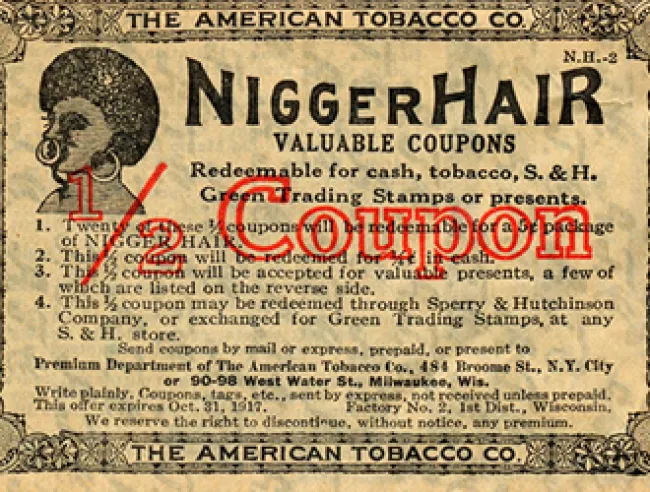The Dangers of Racist Language - Understanding the Impact of Nigger Jokes
The n-word, a term steeped in the atrocities of slavery and systemic racism, remains a potent symbol of oppression in America. Its use, even in jest, perpetuates a legacy of pain. This post delves deeper into the ramifications of n-word jokes, offering historical context, psychological insights, and pathways toward change.
The Historical Evolution of the N-Word
Origins in Slavery
Rooted in the Latin term niger (meaning black), the n-word was weaponized during the transatlantic slave trade to dehumanize African people. Historian Ibram X. Kendi explains, “It wasn’t just a word—it was a tool of psychological violence.”
Jim Crow Era
During the Jim Crow period, the term became a symbol of racial terror, enforcing segregation and white supremacy. It was often used in conjunction with acts of lynching and public humiliation, amplifying its association with violence and oppression.
Reclamation Efforts
In recent decades, some Black communities have sought to reclaim the term, transforming it into a form of empowerment. However, this reclamation remains contentious. Scholar Dr. Michael Eric Dyson emphasizes, “Reclamation is personal, not universal,” underscoring that its use by non-Black individuals continues to inflict harm.
The Multifaceted Harm of N-Word Jokes
Psychological Impact
Emotional Trauma: Research shows that racial slurs activate brain regions associated with pain. A 2020 Journal of Social Psychology study found that exposure to the n-word increases stress and anxiety in Black individuals.
Internalized Racism: Prolonged exposure can erode self-worth, particularly among youth, exacerbating mental health disparities.
Societal Consequences
Normalizing Prejudice: A University of Illinois study reveals that racist humor desensitizes audiences, increasing tolerance for discriminatory policies.
Hostile Environments: Schools and workplaces with a culture that tolerates such jokes report higher attrition rates among Black individuals. For instance, a 2019 lawsuit against a tech company highlighted a "joke-filled" culture that created a hostile work environment.
Media and Pop Culture
While some comedians argue that edgy humor sparks dialogue, critics like W. Kamau Bell caution that “punching down” reinforces stereotypes. The 2018 Roseanne Barr controversy illustrates how amplifying such humor can lead to public backlash and career consequences.
Addressing Racist Language: Strategies for Change
Education and Awareness
Resources: Encourage reading books like Stamped from the Beginning by Ibram X. Kendi, watching documentaries such as 13th, and participating in courses like Project Implicit.
Community Dialogues: Partner with organizations like the Racial Equity Institute to facilitate workshops fostering empathy and understanding.
Actionable Allyship
Intervention Techniques: Employ non-confrontational methods such as “calling in” (e.g., “That term has a harmful history. Could we use different language?”).
Support Initiatives: Donate to groups like the NAACP or Color of Change, and advocate for policies that combat hate speech.
Corporate and Institutional Accountability
Implement anti-racism policies with clear consequences. For example, Starbucks temporarily closed its stores in 2018 for racial bias training after an employee’s racist incident.
Counterarguments and Nuances
Free Speech vs. Harm: While free speech is a fundamental right, ethical communication demands minimizing harm. Philosopher John Stuart Mill’s “harm principle” asserts that speech causing injury warrants social accountability.
Intersectionality: Black LGBTQ+ individuals and women often experience compounded harm. Actress Laverne Cox highlights how intersecting identities amplify marginalization.
Global Context in the Digital Age
Though the n-word is uniquely tied to American history, similar slurs exist globally (e.g., “abo” in Australia). Social media amplifies the spread of racist language and memes, making platform accountability crucial. Instagram’s 2021 AI update to block hate speech exemplifies proactive tech responses.
Conclusion: A Call to Collective Action
Eradicating racist language demands vigilance, courage, and collective effort. By educating ourselves, proactively intervening, and amplifying marginalized voices, we can build a more inclusive world. Activist Angela Davis reminds us, “In a racist society, it is not enough to be non-racist—we must be anti-racist.”
Resources for Further Action
- Educational: Smithsonian’s “Talking About Race” portal.
- Legal Support: ACLU’s guide to reporting hate crimes.
- Community Action: Join local Black Lives Matter chapters or diversity task forces.
Let us commit to a future where language uplifts rather than wounds—a world where empathy and respect triumph over hatred.
